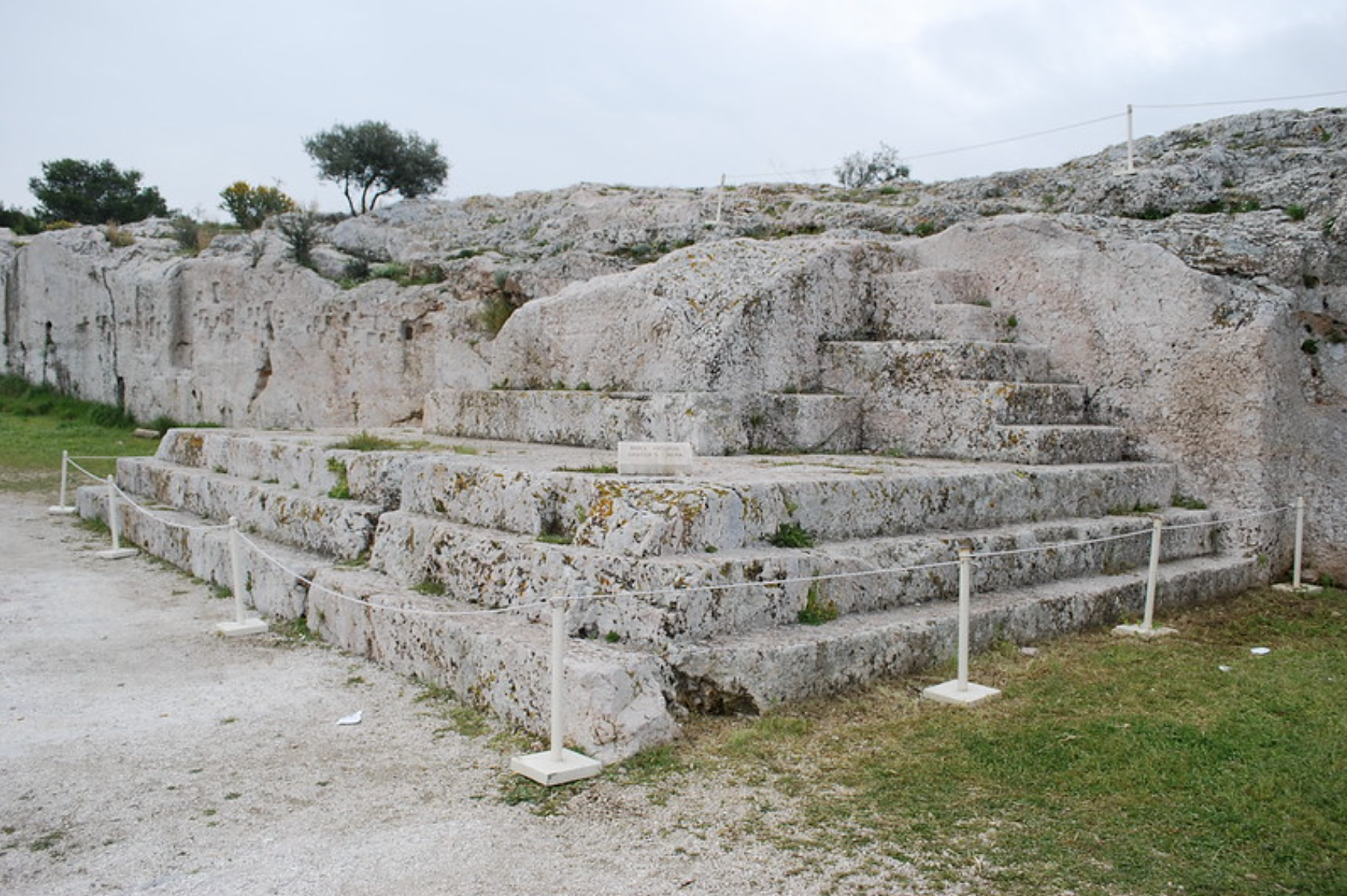The Founders' Fallacy
/We hold these truths to be self-evident.
– Declaration of Independence
tautology (taw-TALL-o-gee), the redundant fallacy. From the Greek, meaning “same idea.”
Don’t you wish politicians today stuck to pure logic just as the founders did? If you do, you’re in for a shock. You’ll find a logical fallacy right smack near the beginning of the Declaration.
All truths are self-evident. Anything that’s self-evident is a truth. It serves as an axiom, a building block for an argument. A truth needs no proof. It’s just true. So what are you saying when you name self-evident truths? You’re saying, “We hold these truths to be true.”
Well, duh. That’s a tautology, a fallacy that proves itself with itself.
Thomas Jefferson certainly knew his fallacies. In fact his first draft of the Declaration avoided the tautology: “We hold these truths to be sacred and undeniable.” To call truths “undeniable” isn’t entirely redundant, since it can be rebutted with the classic playground retort, “No they’re not.” And to call truths “sacred” implies that they come from what the founders called the Creator. They’re not just the bedrock of reality, they’re gifts from God.
So why change the text from the logical “sacred and undeniable” to the fallacious “self-evident”—other than to make the phrase way snappier?
The answer lies in rhetoric. The Declaration is not so much a logical appeal as an “ethical” one—an argument based on ethos, or character. The key lies in the first two words of the sentence, “We hold.” The founders didn’t say “These truths are self-evident.” They held the truths to be so.
These men were the leaders of their movement as well as their society. As the last line of the Declaration asserts, they were willing to risk all—their lives, their fortunes, their sacred honor, everything—for an idea. The ultimate proof of their truths was themselves. They weren’t risking all for a nation—they were British citizens, remember—but for a set of “truths.”
So why quibble over whether self-evident truths count as a tautology? Because, as the founders certainly knew, those truths aren’t self-evident at all. They need proof—not logical but ethical, with character.
A century and a half after the Declaration, my uncle died fighting for those truths. And millions around the world are fighting for them today: that all people are created equal and endowed with rights that no government can take away; including the rights to live, to be free, and to pursue their own paths.
Hardly self-evident at all. These truths can be awfully uncomfortable if we apply them to everybody; dangerous even. And every generation has had to prove them—in the streets and town halls, too often with their own blood.



